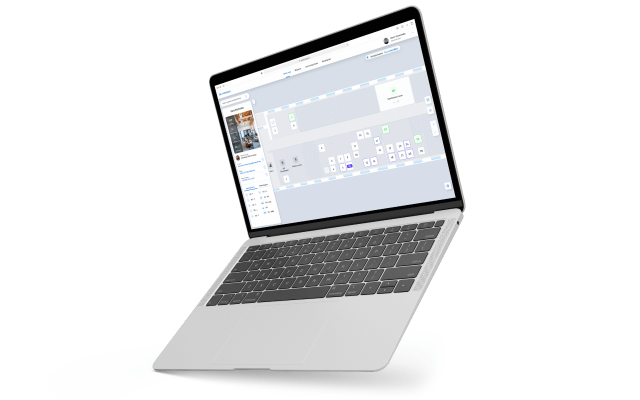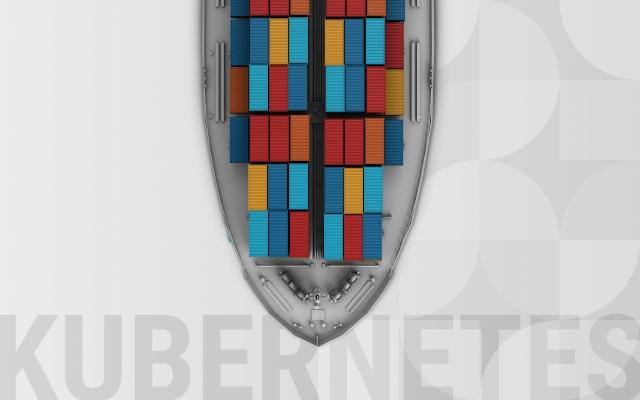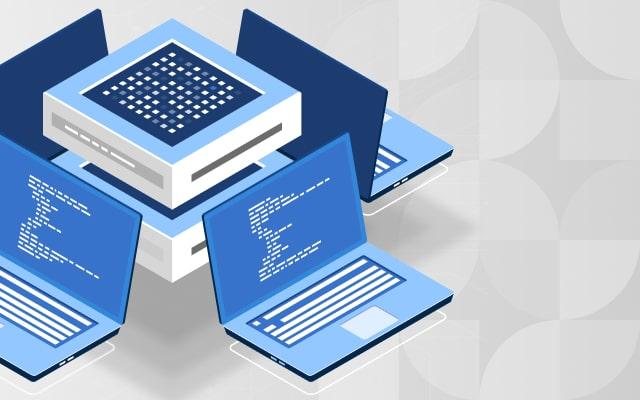The world is changing with double-quick speed. Companies face the challenge of changing their inner processes and working methods to stay in the game. In other words, businesses need digital transformation that will adjust processes to software solutions.
Such a transformation demands specific expertise and skills to make the software solution correspond to the business needs and operations.
Here is where a solution architect enters the game. Let’s go deeper into the processes, skillset, and project input of a solution architect.
What is a solution architecture
First of all, it is worth defining what a solution architecture is. Techopedia defines solution architecture as the process of developing solutions based on predefined processes, guidelines, and best practices with the objective that the developed solution fits within the enterprise architecture in terms of information architecture, system portfolios, integration requirements, and many more.
Simply put, solution architecture is describing, designing, and managing the solution development to address the client’s needs and problems. Solution architecture describes how different business components, information, and technology architectures are used in a particular solution. It is considered as one of the most complex processes done during IT solution development.
So what exactly does a solution architect do to make it properly?
What does a software solution architect do?
A solution architect is a bridge between business issues and the IT solutions of those. In essence, this specialist is a strategist involved in designing, building, and deploying the software solution.
Unlike a developer, an architect does not think about the interaction of classes, but about the interaction of solution components – applications, web services, and so on. Although, if required, they should quickly go deep into the details of the code. Also, the business aspect of the solution for the architect is as important as the technical one. Developers often focus on technologies and new libraries they want to explore; the priority of an architect is to consider the client’s interests and needs.
A solution architect is involved in a project at the very beginning. First of all, the architect analyzes the customer’s business goals related to the new product. They focus on requirements that affect the architecture, software part of the solution, and its components. Then they scheme the solution and think over its design. The architect decides what components the product will consist of, whether they need to be developed from scratch, or it’ll be the right choice to use out-the-box components.
Architects also participate in pre-sales, advise clients, audit the architecture of an existing solution: evaluate its effectiveness for the particular tasks, think over its optimization, etc.
As you can see, the core aspect of a solution architecture is communication. An architect communicates a lot with both the client and the dev team and should provide them with a respective description of the solution.
Responsibilities of a software solution architect
A solution architect manages the whole dev team, including the project manager, and usually works with the PM closely to ensure the development processes align with the project’s objectives.
So, the key responsibilities of a solution architect include:
- Evaluating the company’s architectural system and technology environment
- Analyzing the company specifics and processes
- Reviewing, analyzing, compiling tech requirements
- Setting up a collaboration framework
- Creating a solution prototype
- Defining technology means for a solution
- Managing development process
- Identifying, managing, mitigating the possible risks
- Communicating with clients and dev teams
Sometimes, a solution architect plays a support role for an existing project manager, so they partially do all the above things.
Solution architect skills
As a rule, solution architects are former senior developers. The architect should have a solid technical background, a broad outlook, and experience in team and project management. Leadership and excellent communication skills are a must-have for an architect who often becomes the link between the client’s team and the company.





